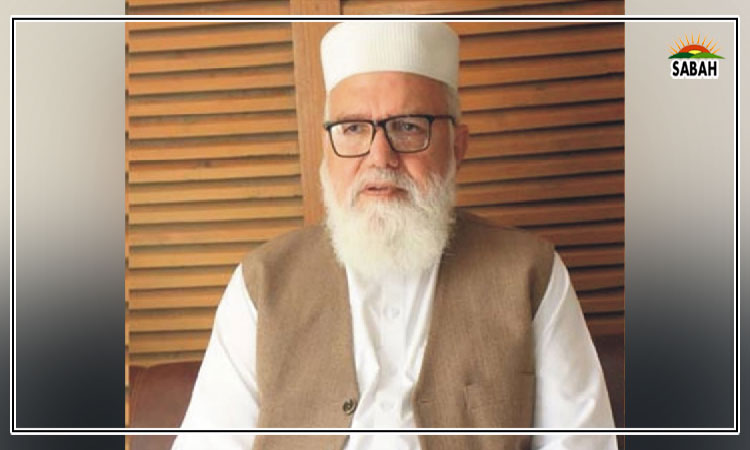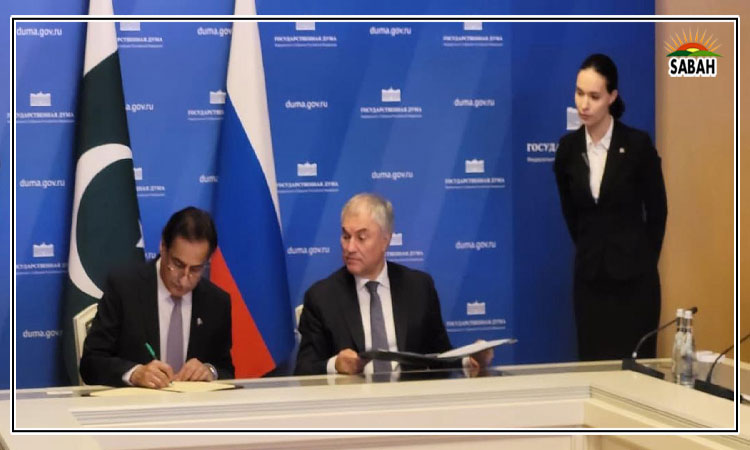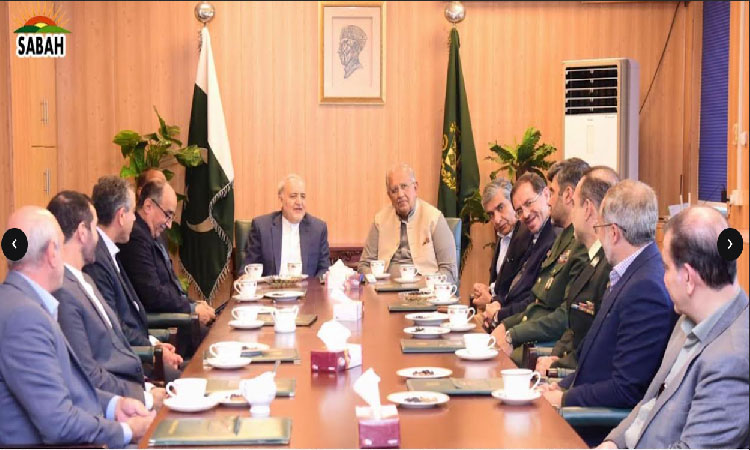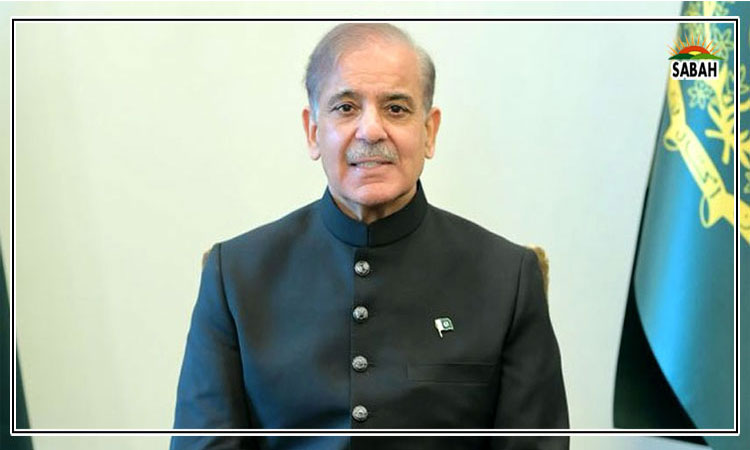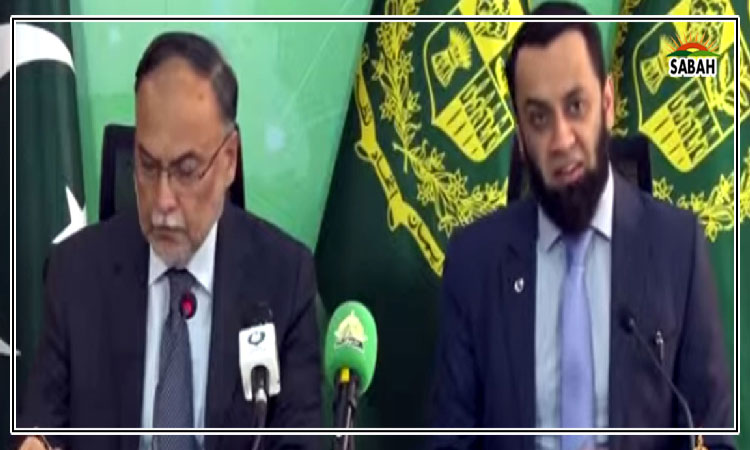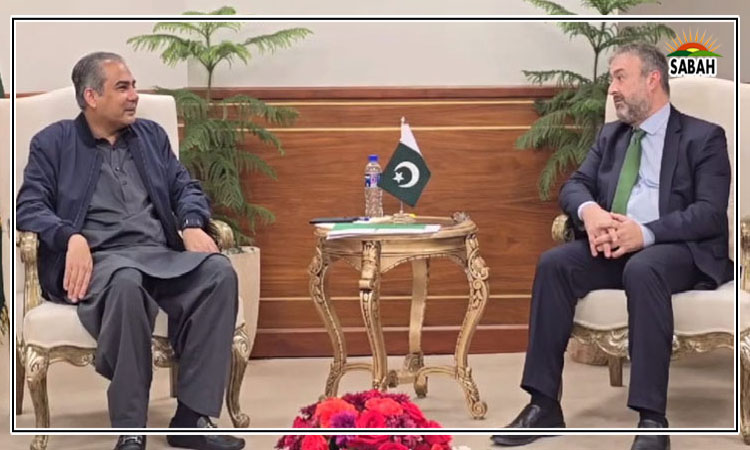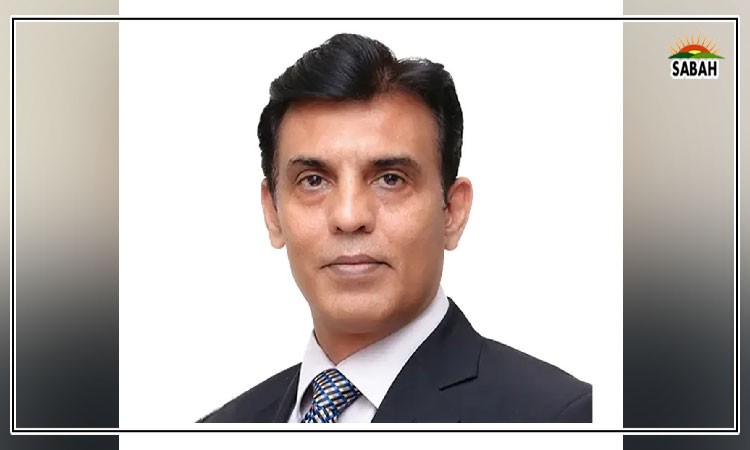Pakistan’s policy makers require baseline data for conclusive gender-related actions: Dr Abid Qaiyum Suleri
ISLAMABAD, August 13 (SABAH): Executive Director, Sustainable Development Policy Institute (SDPI), Dr Abid Qaiyum Suleri said Pakistan needs to ensure baseline gender segregated data, dedicated finances and ownership of women as key stakeholders in decision making process to achieve gender inclusion and women empowerment goals.
He was addressing to the Role of Policymakers in Expanding Roles of Women to Address Climate Change – Climate change related risks and uncertainties for women and Young Girls held here at the sidelines of the two-day event ‘Regional Parliamentarians Conference on Gender Empowerment for a Green Economy’ organized by the Ministry of Climate Change & Environmental Coordination and Asian Forum of Parliamentarians on Population and Development (AFPPD) in collaboration with National Disaster Management Authority, UN Fund for Population Activities, Pathfinder, and other international non-governmental organisations.
Dr Abid Qaiyum Suleri said women were disproportionately affected during climate catastrophes and man-made disasters where they not only lost their livelihoods but also their prospects of being a working woman. He said at present Pakistan facing three key challenges pertaining to gender parity and women empowerment mainly lack role of women as policy makers, decision makers and ownership, no baseline data on gender and women education to enable them as change makers.
In case of Pakistan, he said segregated data on climate change impacts on gender did not exist, whereas without baseline data it would be difficult to take any policy action for betterment of women. “Gendered allocation of resources in budgets to empower women does not exist. As the Finance minister may allocate billions of rupees for development but one need to understand the peculiar needs of women as per their requirement,” Dr Suleri underlined. He noted that the Floods of 2022 in Pakistan was a glaring example showing women being disproportionately affected in the gigantic catastrophe.
Dr Suleri emphasised that since the role of women as part of the empowerment agenda was missing whereas gender responsive policies could only be framed amid data, adding, “The decision makers and the Planning Commission and Pakistan Bureau of Statistics needs to ensure data to guide policies. Credible baseline data is necessary and decision makers and dignitaries present needs to ensure it in their respective states.”
The SDPI Executive Director mentioned that utilizing power of women as agent of change needed to be harnessed as women raise generations that strengthen the nations as the play an important role in mending our behaviours and decisions. Women education, he said was a major challenge that required increased investments in their education to make them part of decision making, policy making, health, and other sectors.
“We have climate change gender action plan based on six strong interventions starting from capacity building of women in decision making and empowerment which should be reviewed the visiting dignitaries,” he suggested.
Dr Suleri noted that during the revision of the national determined contributions (NDCs) one can adopt pro-gender and gendered interventions so that the future pathway should be based on it that should replicated for the national adaptation and mitigation plans.
Speaking on the occasion, Egypt’s Member of the Parliament, Dr. AbdelHady El Kasaby said gender inequality and the environmental crisis were the two greatest challenges to sustainable development whereas effective participation and leadership of women and girls in the development of environmental and disaster risk reduction policies should be promoted to ensure effective response.
Member of the Parliament, Laos PDR, Valy Vetsaphong while chairing the session highlighted the significance of women empowerment and leadership role of females in all spheres to achieve sustainable development goals. She extended her gratitude to all the participants for their active engagement during the discussion.




